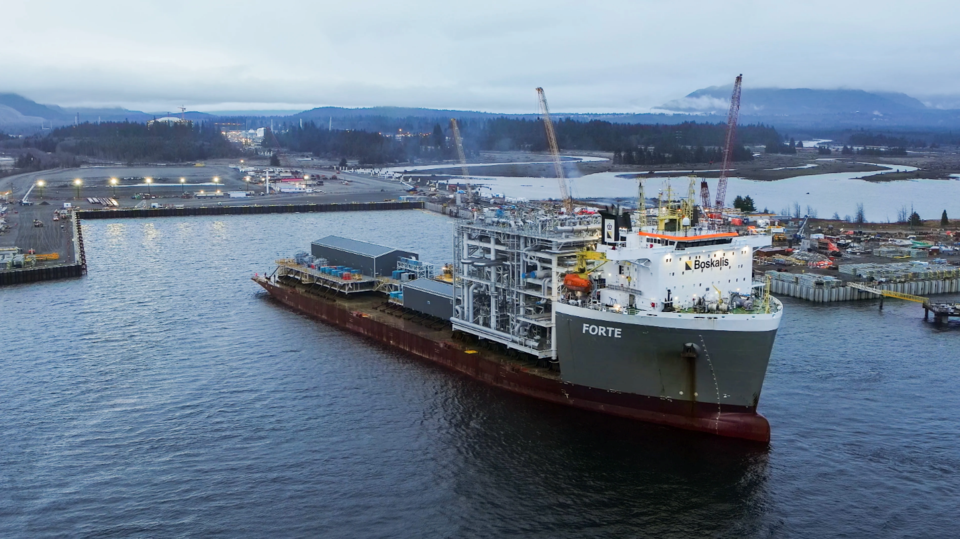A B.C. environmental group has launched a judicial review against the provincial government alleging it has failed in its legal duty to disclose detailed emission reduction plans to fight climate change.
In court documents filed March 30, 2022, in the Supreme Court of British Columbia, Sierra Club BC took aim at the province’s to 2030, released last year as part of the Ministry of Environment and Climate Change Strategy’s by 40 per cent by 2030.
As an interim step, the province says it will reduce emissions 16 per cent below 2007 levels by 2025. By failing to provide details on how it will do that, Sierra Club alleges the ministry has breached its own Climate Change Accountability Act.
The documents also say detailed plans are missing that show how the province hopes to meet its emission reduction targets in 2040 and 2050.
“We’re trying to force the government of B.C. to come forward with a credible climate plan,” said Alan Andrews, climate program director for Ecojustice Canada, whose lawyers are taking on the case.
“It's claiming to be a climate leader but isn't compliant with its own climate laws, doesn't have a plan to achieve any of its 2025, 2040, 2050 oil and gas targets, and without those plans, we’re left completely in the dark as to whether they achieve their goals. And so we can't hold them to account.”
The greatest blind spots, according to Sierra Club BC senior forest and climate campaigner Jens Wieting, are in the oil and gas sector.
In the most extreme example, Wieting cites a lack of detail on how the province will account for emissions from a liquefied natural gas plant in Kitimat, which as B.C.’s biggest, is projected to be completed in 2025.
“This project alone would significantly increase emissions in the same year when we have to meet this first interim target,” Wieting said. “There's simply no plan in the accountability report that shows how that is even possible.”
By law, the minister must establish greenhouse gas emissions targets for individual sectors of the economy, including oil and gas, transportation, industry and buildings and communities. That is all meant to add up to a 40 per cent reduction below 2007 levels by 2030.
But a progress review must be completed by 2025 — when B.C. has ordered emissions must be dropped at least 16 per cent lower than in 2007 — and again once every five years. By 2040, GHG reductions are meant to climb to 60 per cent, and by 2050, 80 per cent.
If B.C. fails any of those interim targets, it risks blowing its entire emissions reduction roadmap to mid-century.
“Obviously, these targets are building on each other,” said Wieting. “Without these targets, we cannot consistently reduce emissions, which is needed based on on the science.”
From the United Nations to the International Energy Agency, leading scientists and energy experts around the world have come to the consensus that the global economy must sharply reduce emissions if the planet has a hope of keeping global warming below 1.5 C — the threshold beyond which scientists say the world cannot avoid catastrophic fallout from warming.
In an email, a spokesperson for the Ministry of Environment and Climate Change Strategy said, “We are proud of our continent leading CleanBC plan.”
“We are not in a position to comment on the specifics of this matter as the issue may be before the courts,” the spokesperson added.
To date, B.C. has never met its own emission reduction targets.
The first of its kind in B.C., the judicial review is not expected to reach a courtroom for several months.
None of the allegations have been tested in court.


